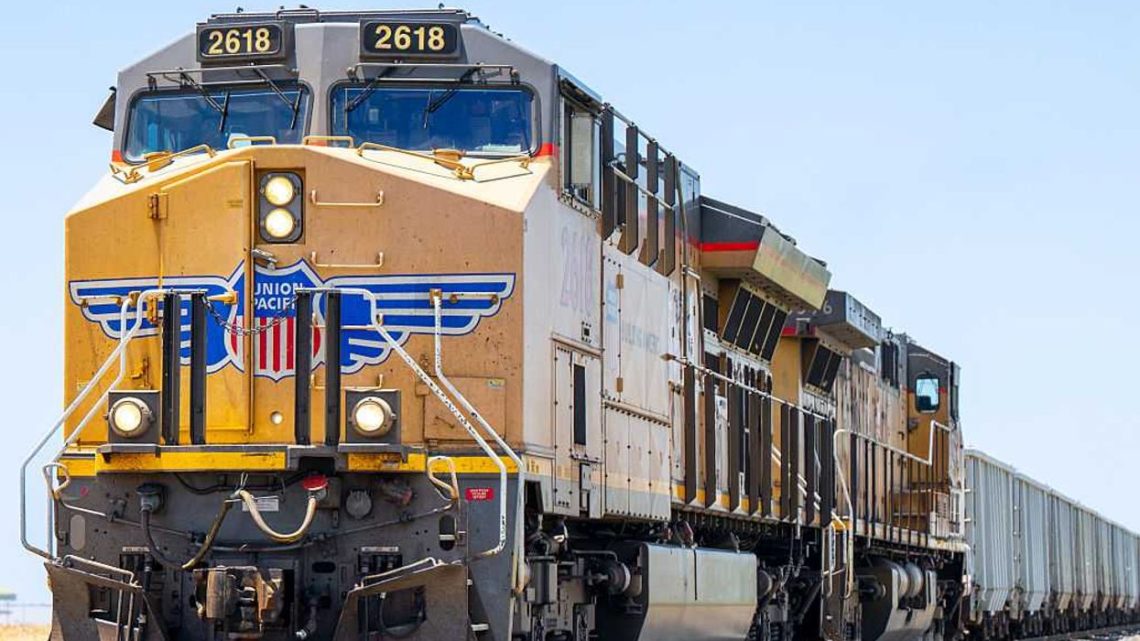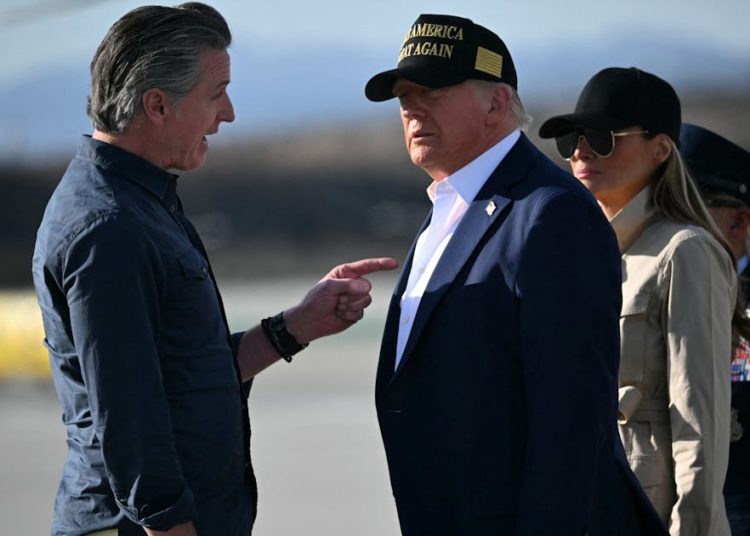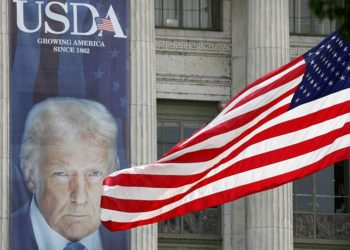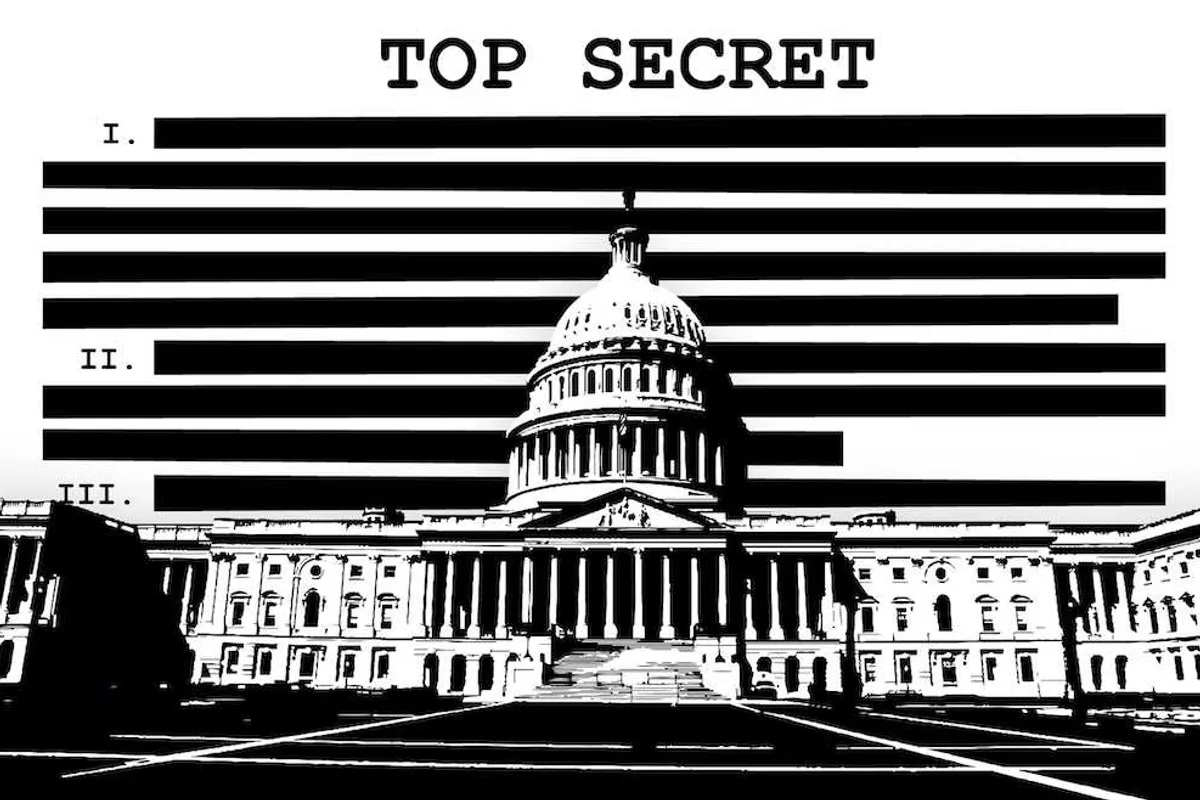Anyone who drives America’s highways knows the story: potholes, cracked pavement, and endless construction zones. States pour billions of tax dollars into road maintenance every year, yet the pavement always seems to crumble faster than it can be repaired. What most motorists don’t realize is that heavy trucks cause much of the damage — and pay almost nothing to fix it.
Federal estimates show that a single fully loaded 18-wheeler can inflict as much pavement damage as nearly 10,000 passenger cars. Fuel taxes and highway user fees from trucking companies cover only a small fraction of the destruction they cause. Taxpayers pick up the rest, footing the bill for constant repaving, bridge work, and the cycle of crumbling roads.
Every additional ton of freight shifted to rail represents pavement preserved and taxpayer dollars saved.
Trucking keeps the economy moving, and freight rail, shipping, and trucking together form the backbone of America’s supply chain. But shifting more freight to rail makes sense. The rail network is self-maintained by the companies that use it, and trains move goods more safely and efficiently than trucks. The more freight we move by rail, the less damage we’ll have to repair on the nation’s roads.
A merger serving Americans
The recently proposed merger of Union Pacific and Norfolk Southern offers an opportunity to improve both our roads and our supply chains simultaneously. By creating a more efficient coast-to-coast rail network, the merger would allow railroads to capture more freight that currently travels by truck — relieving taxpayers of billions of dollars in hidden subsidies for road repair.
Merging Union Pacific’s vast western network with Norfolk Southern’s eastern lines would create the nation’s first true transcontinental railroad — from the Pacific to the Atlantic. For shippers, that means single-line pricing instead of juggling multiple operators to move goods from point A to point B.
It also means faster delivery, fewer interchanges, and lower costs.
Railroads, unlike trucking companies, build and maintain their own infrastructure. Every mile of track, every bridge, and every switching yard comes from private capital, not public funds.
When freight moves from trucks to trains, taxpayers win twice: less highway damage to repair and more freight handled by a system that pays its own way.
The savings aren’t theoretical. Heavy trucks cause roughly 40% of the wear on America’s roads while accounting for only about 10% of total miles driven.
A North Carolina Department of Transportation study found that trucks with four or more axles underpay for road damage by anywhere from 37% to 92%. State budgets from Texas to Pennsylvania tell the same story: Highway repair costs soar while trucking fees barely make a dent.
Every ton of freight shifted to rail means less pavement destroyed and more tax dollars saved.
False cries of monopoly
Naturally, critics of the merger will cry “monopoly,” as they always do when industries consolidate. But that misses the real competitive landscape. In addition to competing with other railroads, rail competes vigorously with trucks, which dominate American freight today.
Trucks control roughly 70% of domestic freight volume — subsidized in part by taxpayer-funded roads. Allowing railroads to offer a stronger alternative isn’t anti-competitive — on the contrary, it’s pro-market. It creates stronger competition for taxpayer-subsidized trucking.
RELATED: DOT withholds $40M from blue state for flouting English requirements for truckers
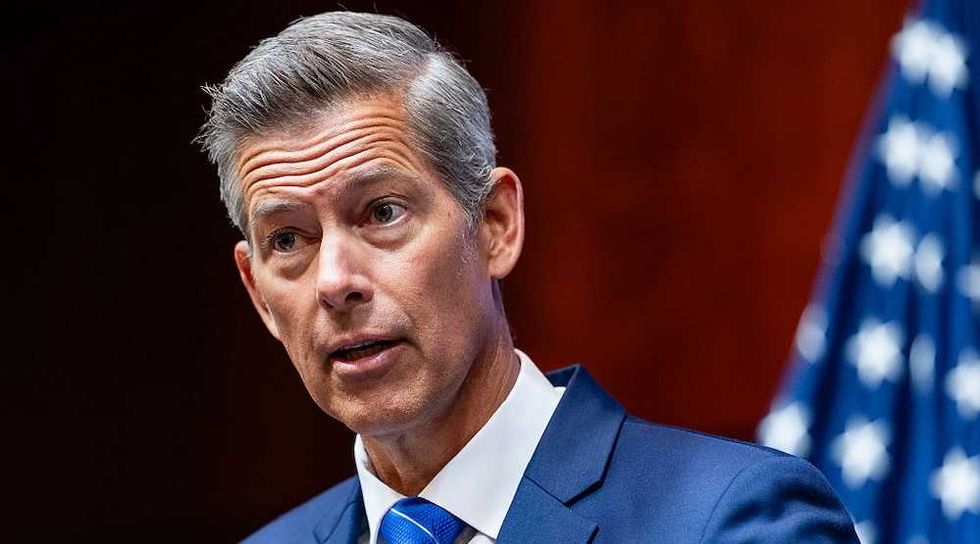 Photo by Eric Lee/Bloomberg via Getty Images
Photo by Eric Lee/Bloomberg via Getty Images
At its heart, this merger is a test of whether the Trump administration trusts the free market to deliver solutions. Union Pacific and Norfolk Southern are not asking taxpayers to fund their merger. They are not asking for subsidies, grants, or carve-outs. They are investing their own capital to create a system that reduces public costs, strengthens supply chains, and keeps America competitive.
If policymakers are serious about preserving America’s battered roads, as well as strengthening our supply chain infrastructure, the choice is obvious. Let the free market work, and let railroads take more freight off the highways.
The post Trucks destroy roads, but railroads — yes, rail! — can save taxpayers billions appeared first on TheBlaze.
